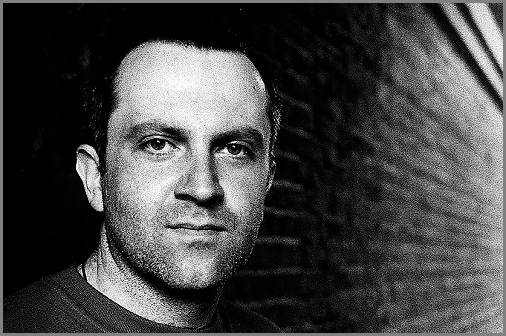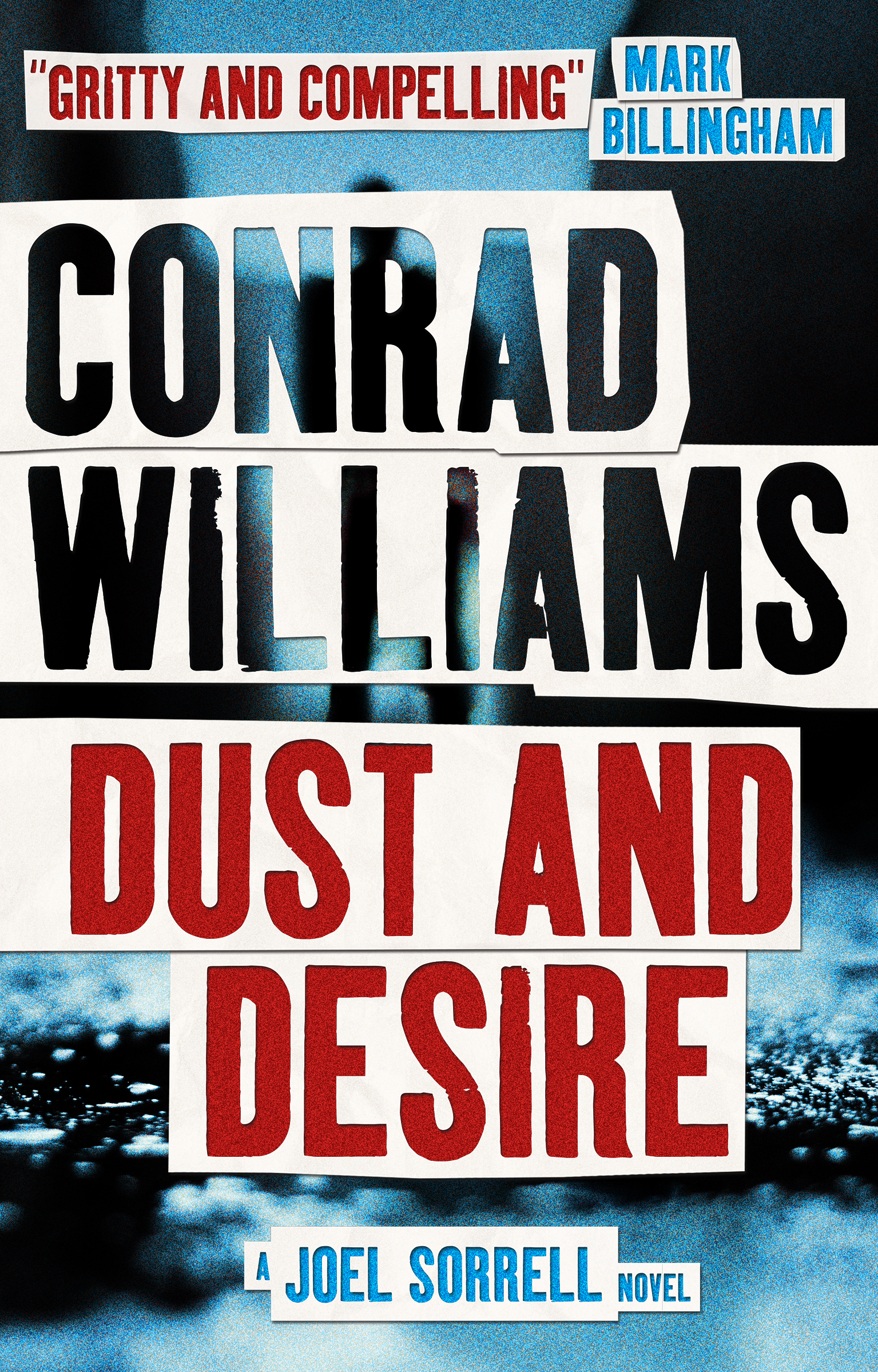You have no items in your cart. Want to get some nice things?
Go shopping
During the holiday season we ran the second in our series of literary experiments on Twitter. We asked our followers to write a collective story, one tweet at a time. Novelist Wiley Cash (whose new novel This Dark Road to Mercy is the third title in the Litro Book Club) wrote the first line for us, and then we handed the story over to fate… and Twitter.
As our previous literary experiment on twitter proved, we had no idea how the story would turn out. Would readers want to take part during the Christmas break, put down their glasses and join us on twitter to complete the story? More importantly, would it come out as nonsense, or would the whole thing fizzle out like a Boxing Day hangover?
Well, the results are again in, and you can now read the finished story below. We’ve compiled the tweets in the order they were written, making the odd changes only to punctuation for the sake of clarity, and amending a change of person that seemed to be a mistake rather than artistic intention.
Again we have been pleasantly surprised with the outcome. Admittedly, it’s madder than a conversation with a stranger on a night bus on your way home after a night out, and at times careers from one plot idea to another, but it is a story, with a beginning, a middle and an end.
We are of course not the first to conceive of the notion of a collective online collaboration to complete a story, and there’s already a slew of work that embraces and plays with the possibilities of the web. We mentioned these in a post last year, but worthwhile mentioning again is flarf poetry, which uses “found” text as the material for a poem, and writers are using the net to engage readers in new ways, like Calum Kerr, who posted a flash fiction story every day for a year on his blog.
The Dutch writer Arnon Grunberg in November last year completed a Novella whilst wired up to electrodes, the stunt-turned-lab-experiment had him wired up to sensors, cameras which tracked his brain waves, heart rate, galvanic skin response (an electrical measure of emotional arousal) and facial expressions.
This autumn, when the book is published, some fifty ordinary people in the Netherlands will read it under similarly controlled circumstances, sensors and all. Researchers will then crunch the data to find patterns that may help illuminate links between the way art is created and enjoyed, and possibly the nature of creativity itself. But are these genuine literary innovations, or just publicity stunts, a bit of online fun to while away a lunch break?
Let’s be honest, we’re probably not on the brink of a new literary genre with our #Litrostory experiment. But we do think it raises some interesting questions about collaborative fiction, and how similar projects could be made to work in future. With all its faults, one thing the internet offers is the opportunities for collaboration and the cross-fertilization of ideas that are wider and more far-reaching than anything else in history.
Of course, the internet is also by its nature largely unedited, which is generally a pain – finding ways to sift the few grains of genius from the morass of nonsense is getting harder by the day.
In a recent article in the New York Times, author Francine Prose captures this sense of chaos: performing a Google search to find information on ‘Freud and the Unconscious’ she was prompted to click through the top autofill suggestion, which was: “Freud and the Irish.” Freud and the Irish was way above Freud and the Unconscious.
“About 2.29 million results (0.18 seconds)”
The Irish, Freud said, are the only people impervious to psychoanalysis. She found out the Freud Museum had no reliable source saying he had ever said that.
In the movie the The Departed, he is said to have said that.
The screenplay writer was quoted as saying he had come across it on the Internet.
The way we find and read literature has already been fundamentally changed by digital technology. It seems likely that the way writers write will be similarly affected. There’ll still be plenty of them scribbling away with a biro in their garden shed, but there’ll also be revolutionary new approaches to how literature is produced, and by who. The challenge will be watching for the meaningful patterns in the noise.
Into The Darkness: the Finished #LitroStory
It wasn’t the sound that woke him as much as it was the sensation of something large and dangerous passing overhead. Could it be that time of year again, he thought to himself, donning his boots and gloves to make his way out into the cold… Before his eyes even had time to adjust to the scene before him, he was overcome with disbelief.
“It cannot be,” he murmured. There on the hard frozen ground was a trail of glitter leading out of sight into the darkness. He stood in the silence and stared at the glitter for a moment, and then he went back inside to make the inevitable phone call.
He stood still for a moment, warming his hands by the fire, before sighing, cursing, and then raising the telephone to dial. As he raised his hand to dial, his remaining fingers trembled. Then, it happened: the phone began to ring. He let it ring, feeling the vibrations through the numbness in his fingers. Ten, twenty times it rang. He waited.
He answered.
“Where is it?” said a man’s voice.
“Where’s what?” he asked in return.
“You know,” the man’s voice said.
“No, I don’t know… stop this shit now and tell me what’s going on.” Silence. He gripped the receiver, listening.
“Leave it at the front desk in the 41 and this ends now. One hour.”
Dial tone.
He exhaled and looked at the case lying on the bed. Locked. He was scared but tried to hide it; that was his downfall last time. He limped across the room and started to fiddle with the lock. His hands were slick and he struggled to get a grip. The trails in the snow, then the phone call. Like reliving a nightmare.
Thud, thud, thud.
Three hard knocks. It was happening again. He stared at the door, willing it to stay shut as his heart raced. The banging stopped. He glanced frantically around, gripping the handle, trying to think. He froze. The doorknob was rattling. Petrified, he moved his hands in the dark to switch on the lights but as it turned out, there was no power. The rattling continued. Meanwhile, the creature that woke him had circled the town three times, and started to turn into the most innocent shape it found.
There was nothing else for it. Yelling, he charged through the door and out into the snow, almost tripping over it. He was overcome by the stillness that a blanket of snow can bring, snapped out of his own personal horror, just for a moment. His breath came out in clouds as he struggled to walk. He dropped the case, watching it fall into the sea of snow beneath him. He meant to curse under his breath, but spoke aloud; “Damn it, Miroshnikov!” he said to himself, firmly. He had to get a grip on himself; he was letting his imagination run away with him – but what was that snuffling sound?
Then the purple closed in.
When he came to, he found himself surrounded by darkness; it made him smile. He didn’t know where he was, but it was warm, soft and silent. Had he somehow escaped? He really wanted to quit this work.
He was overcome first by her scent and then taken aback by her enormous shadow as the lady slunk in.
“The glitter was me.”
He had no sense of space, so sense of anything at all in such darkness. Such a strange feeling. He smiled again. So bewitched by her beauty, he didn’t notice ‘41’ painted on her forehead. Nor did he notice her hand stretching into the snow, it was dark after all. But he felt her breath, smelt the gentle scent of lavender, which made him smile more, a memory rekindled.
Abruptly, the smell of petrol igniting tore him from his euphoria. He stood up but she pulled him back towards her. The smell of lavender strengthened and he felt suddenly overcome by it all. What was happening? The glitter, the number 41, those strange noises… It was like a dream, but one that somehow had meaning.
She shook him. “Wake up, Edward! It’s just stun gas. They’re coming after us. If you want to leave for Brazil we need to move now.”
He eyed her sleepily. “You go without me.”
She ignored him and dragged him to his feet and they staggered away through the snow.
Thanks to all our Twitter writers who contributed lines to this story:
@WileyCash, @GETtoasted, @alisonfogg, @katiejlumsden, @Kate_Baguley, @DanCoxonAuthor, @BellaReidWriter, @pfsinkler, @Ahranya, @DorotheeLang, @RachGth, @EmilyJayne1609, @Leah_S19, @CherryJPotts, @seanbeaudoin, @AdrianGeorgeNic, @ChrisGNguyen, @hennabutt, @RodolfoBarradas, @scottkeir, @promonmars





